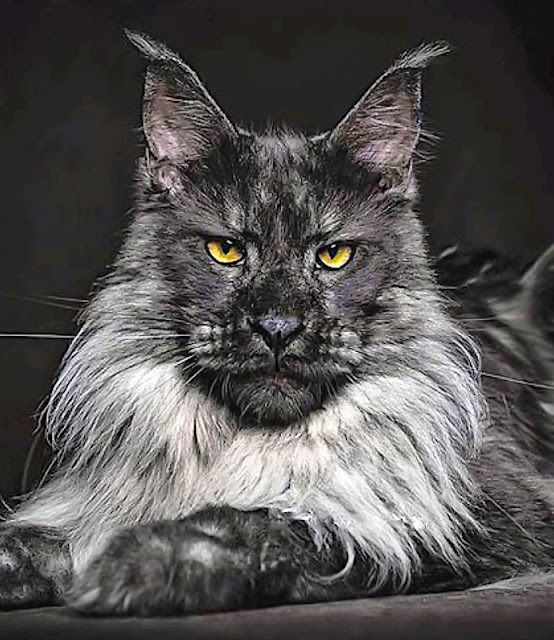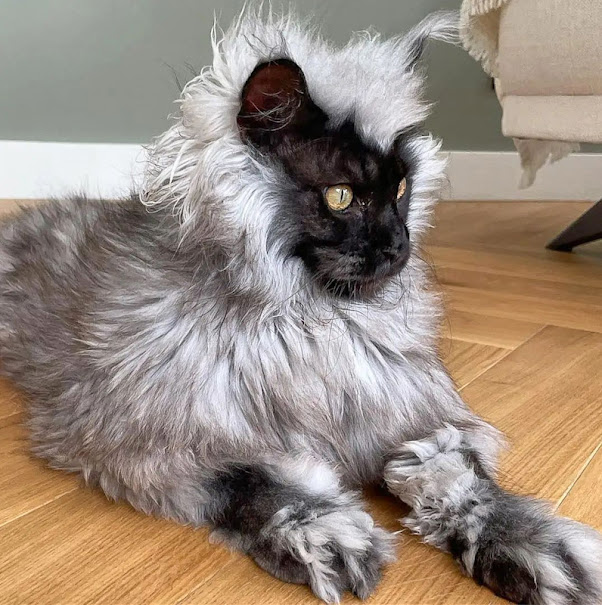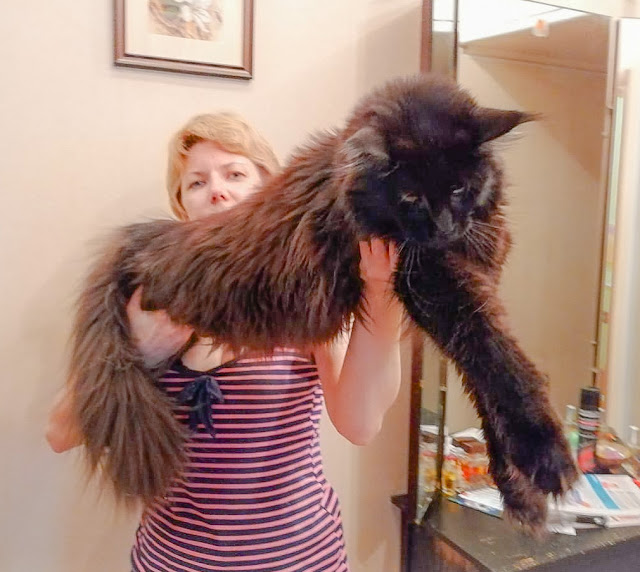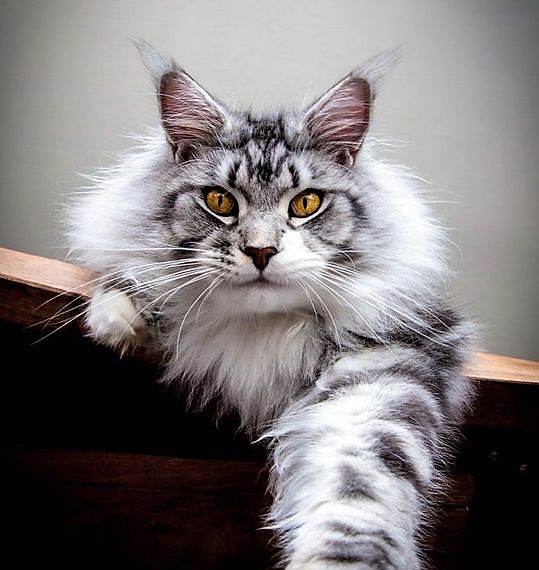Earliest age when HCM in Maine Coons can be detected
 |
| Beautiful Maine Coon ginger tabby kitten but are they predisposed to HCM? Image: Photo: Viktoria Vyacheslavovna Terskaya. |
My research using clinical studies informs me that the disease usually appears around 6 months of age but perhaps as early as 3 months of age according to one American hospital.
----------------
The results showed that the disease follows an autosomal dominant pattern of inheritance with 100% penetrance, meaning that individuals who carry the genetic mutation for the disease will develop it. The disease usually appears in cats around 6 months of age and becomes more severe in young adulthood. Affected cats often die suddenly or from heart failure.
The study: Familial Hypertrophic Cardiomyopathy in Maine Coon Cats published on AHA Journals.
---------------
---------------
"Most of the cats had echocardiographic evidence of HCM by 2–3 years of age, but one female (heterozygote) did not have echocardiographically identifiable disease until 7 years of age"
The genotype, or the specific genetic makeup, of the cats also seemed to affect the clinical outcome of the disease, with cats that had two copies of the mutated gene (homozygotes) developing more severe disease and dying at a younger age than cats with only one copy of the mutation (heterozygotes). Some of the cats with a homozygous mutation died suddenly, which suggests that they may have been at an increased risk of sudden cardiac death.
------------
The study: Hypertrophic cardiomyopathy in young Maine Coon cats caused by the p.A31P cMyBP-C mutation - the clinical significance of having the mutation.
-----------










Comments
Post a Comment
Please share your Maine Coon experiences.